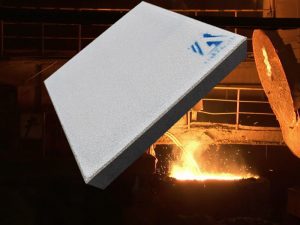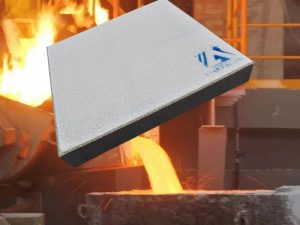How Global Power Shortages Affect the Primary Aluminium Industry
In the report "Commodities: Global Electricity Prices Rising, New Supply Risks" in October last year, we reminded that the rise in electricity prices in Europe and China has a greater impact on the production costs of aluminum and zinc. In late December, European aluminum plants reduced production by 900,000 yuan due to high electricity prices. ton, the LME aluminum price rose by 15% in half a month. Recently, affected by the tight hydropower supply in the southwest of China and the high electricity prices overseas, Yunnan aluminum plants may reduce production by 10%-20%, and the scale of overseas production reductions continues to expand, and the power risk faced by global aluminum supply has risen again. We believe that aluminum prices may rebound slightly due to this impact in the short term, but considering that the current domestic real estate demand and overseas manufacturing and durable goods consumption are all facing certain pressure, the impact of domestic and foreign power risks on fundamentals and prices is similar to the previous round. Production cuts are not the same. In this report, we have lowered the growth rate of global electrolytic aluminum supply and overseas demand. The supply and demand balance sheet show that the global aluminum supply and demand gap has narrowed to about 800,000 tons this year. Looking forward, we believe that the upside of aluminum prices depends on the actual reduction rate and duration of Yunnan Hydropower Aluminum, as well as the improvement in demand at the completion of real estate. Price below the support line. In addition, we also suggest that the electrolytic aluminum industry may face some new changes. First, it is necessary to pay attention to the tight aluminum supply in Yunnan and the long-term seasonality and instability in the operation of hydropower aluminum; Production is difficult and time-consuming. In the medium and long term, European manufacturing demand may be more dependent on imports after recovery.
Since the European electrolytic aluminum production has been reduced intensively at the end of last year, the European electrolytic aluminum production capacity reduction has reached 1.319 million tons. We believe that in the case of continued high electricity prices, the output reduction of European aluminum plants may further expand in the fourth quarter, with a value of about 300,000-600,000 tons. We have compiled the global electrolytic aluminum cost curve and the power source of European aluminum plants. Except for the aluminum plants that have stopped production in Western Europe, the aluminum plants in Germany that rely on coal and natural gas power generation are currently at the far right of the cost line, and it is still possible to continue to reduce production. In addition to still high electricity prices, weaker demand and higher inflation in the second half of this year compared to the end of last year have provided additional incentives for overseas aluminum makers to cut production. Specifically, most European aluminum plants have signed long-term and short-term electricity orders with local governments and power supply companies. It is possible to choose to shut down production capacity when the contract has not expired and sell the remaining power back to the grid or the spot market, especially since the downstream demand in Europe is also very weak, and the overseas spot aluminum premium is still slowly falling. According to Woodmac, German aluminum production fell by 5% year-on-year in June, terminal inventory is still high, orders are sluggish, and subsequent production may continue to show a downward trend.
It can be seen that this round of European electrolytic aluminum production reduction is the common result of energy shortage and weak demand. Therefore, the boosting effect on prices may not be as good as that at the end of last year, but the impact on the medium and long-term electrolytic aluminum supply pattern cannot be ignored. Since most of the production lines of European aluminum plants are relatively old, there are problems of difficulty in resuming production and slow resumption of production. In the medium and long term, when European manufacturing demand rebounds, local aluminum consumption may be more dependent on imports.
A prerequisite for the manufacture of 7-series aluminum alloys is the manufacture of high-purity primary aluminum. AdTech has been focusing on providing a one-stop service for molten aluminum purification for many years. Our main products include degassing units, ceramic foam filters, launder systems, caster tips, and more. Please email us via sales@adtechamm.com if you need ceramic foam filters.
1




